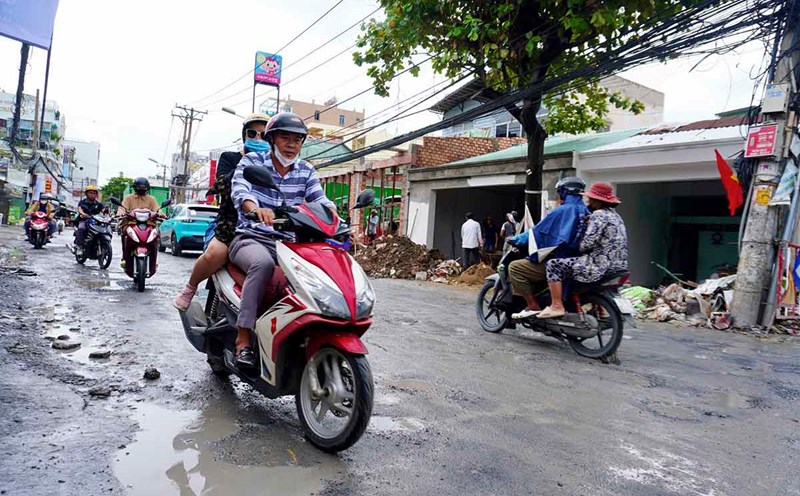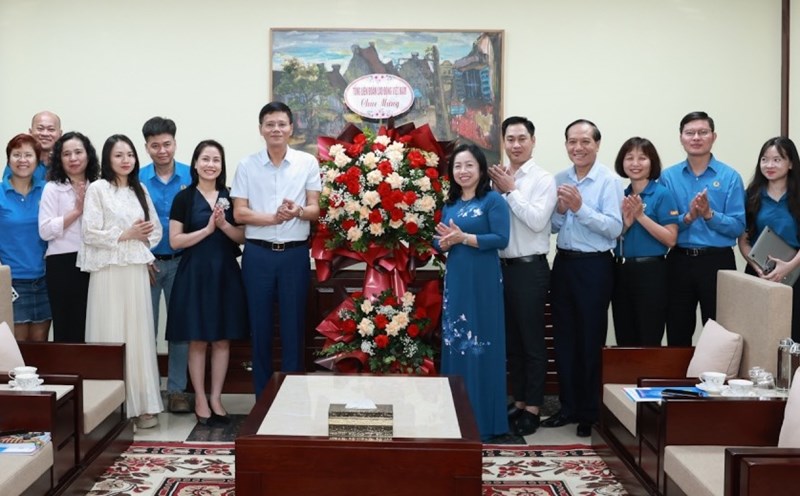Compacting 50% of administrative procedures
The amendment and supplementation of the Law onSDNL TK&HQ has many expectations to create institutional breakthroughs in the energy sector - one of the "blood vessels" for sustainable economic development.
Not only to overcome the shortcomings after more than a decade of implementing current laws, this draft law also carries great expectations: Removing institutional "bottlenecks" to promote the Energy Service Company ( UNESCO) model and forming a Fund to promote energy-saving and efficient use - two key tools to realize the goal of reducing energy consumption, increasing competitiveness for the economy, without having to trade it for growth.
This amendment, the Ministry of Industry and Trade has proposed a series of notable reform contents: Streamlining administrative procedures by 50%, decentralizing management to localities, mandatory labeling for many energy-consuming construction materials, expanding financial - tax - land incentives for investors... but in particular, there are two new points that are considered by the business community as "turning points": The ESCO model is legalized and the establishment of theSDNL TK&HQ Promotion Fund.
Energy services company - "3 in 1" solution
Not all businesses have enough financial or professional potential to invest in innovating production lines towards energy saving. The ESCO model - an energy services company - appears to solve this problem.
According to the bill, ESCOs will provide comprehensive solutions from surveying, designing, installing equipment to maintenance, and especially initial capital funding. Enterprises using the service only have to refund investment costs based on actual energy savings achieved. This is a "three-way win-win" model: ESCO has business opportunities, businesses save operating costs, while the State reduces total social energy consumption without having to invest in the budget.
However, according to Ms. Nguyen Thi Lam Giang - Director of the Department of Innovation, Green Transformation and Public Investment - this model in Vietnam currently lacks a clear legal basis, causing many ESCO companies to be confused when approaching customers, lacking credit guarantees, and even being considered a brokerage unit. The legalization of ESCO not only brings transparency and identification to this model, but also opens a "main door" for international financial institutions and funds to accompany.
SDNL TK&HQ Promotion Fund - a strong financial lever
The draft law also proposes to establish a TK&HQSDNL Promotion Fund in the direction of socialization, without overlapping with budget expenditures, and financial independence. The fund will provide incentives, subsidies or guarantees for energy-saving projects, including projects implemented by ESCO.
International experience has shown the outstanding effectiveness of similar models. In Thailand, ENCON Fund was established in 1992 with revenue from fuel taxes, helping to increase energy efficiency of the entire economy, supporting businesses and people to access new technology. In Germany, the KfW Bank fund has sponsored the renovation of millions of houses, contributing to reducing emissions without the need to mobilize large public capital. The US goes further by giving the fund to independent nonprofit organizations.
This draft revised Law, expected to be approved by the National Assembly on June 18, will officially open a new era in energy management and use in Vietnam - where each kWh of electricity saved will be counted as a new kWh of production; where each enterprise that innovates technology will be supported by practical, transparent and feasible mechanisms.
The TK&HQ SDNL Law is not only a legal framework, but needs to become a catalyst for a new ecosystem: From professional energy service companies, green banks to the participation of people and the community.











